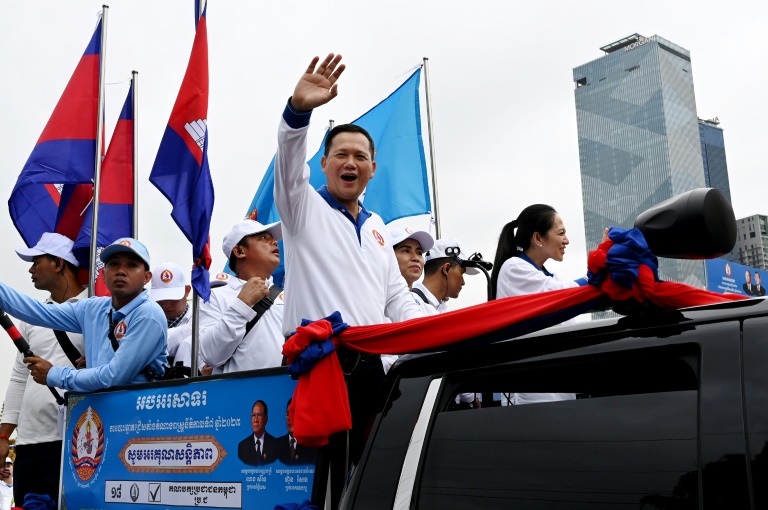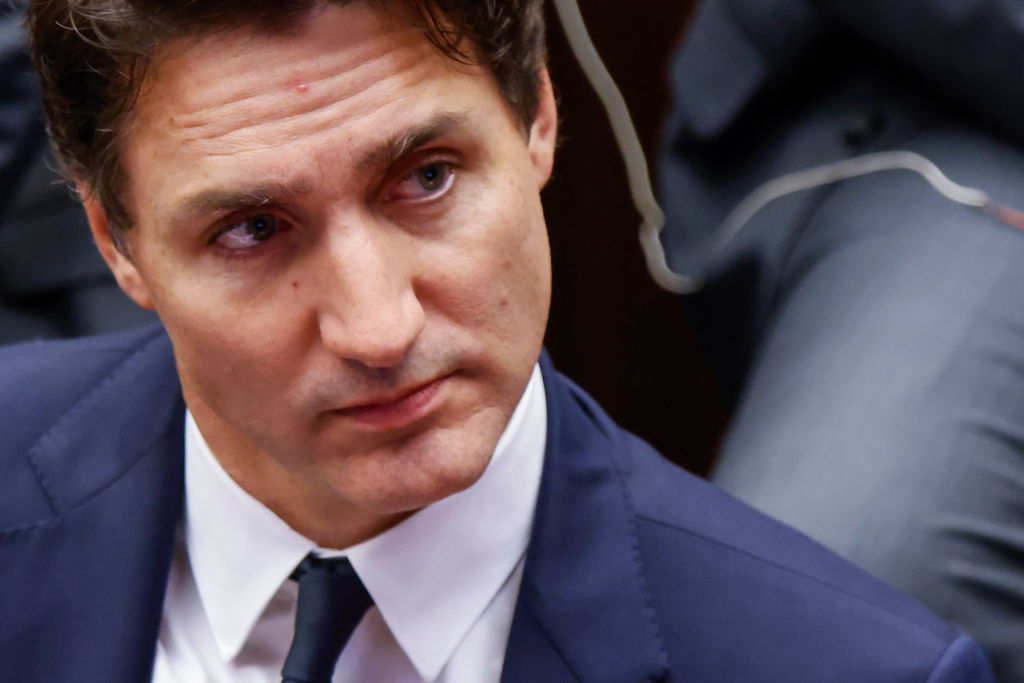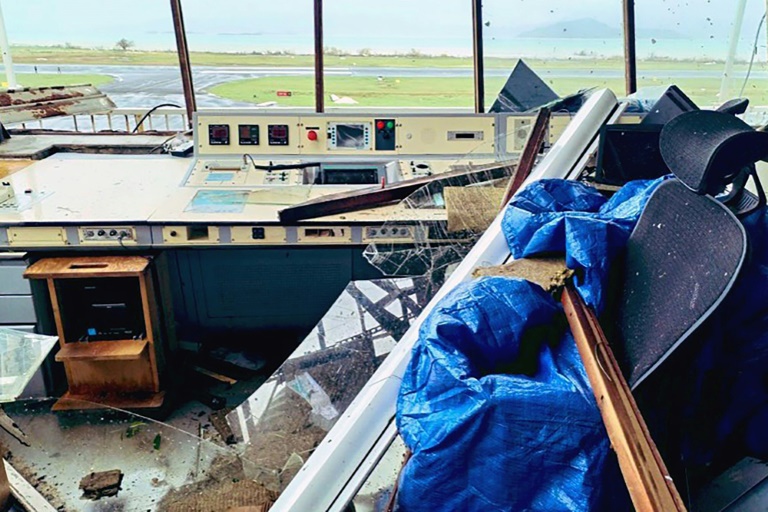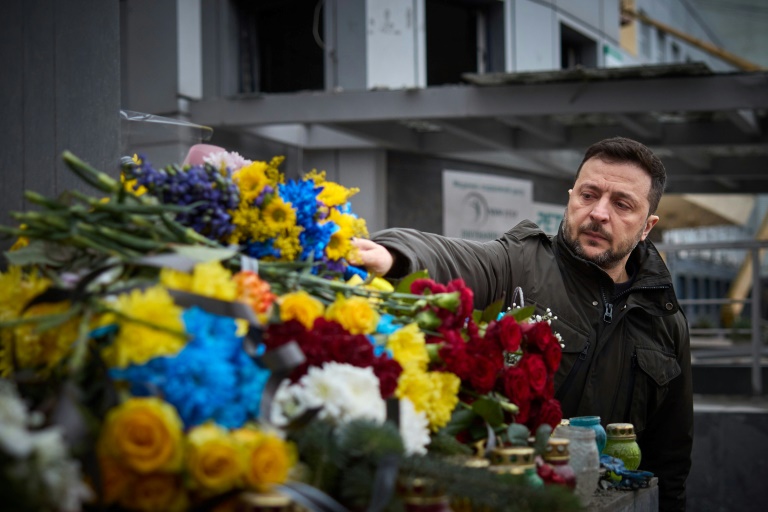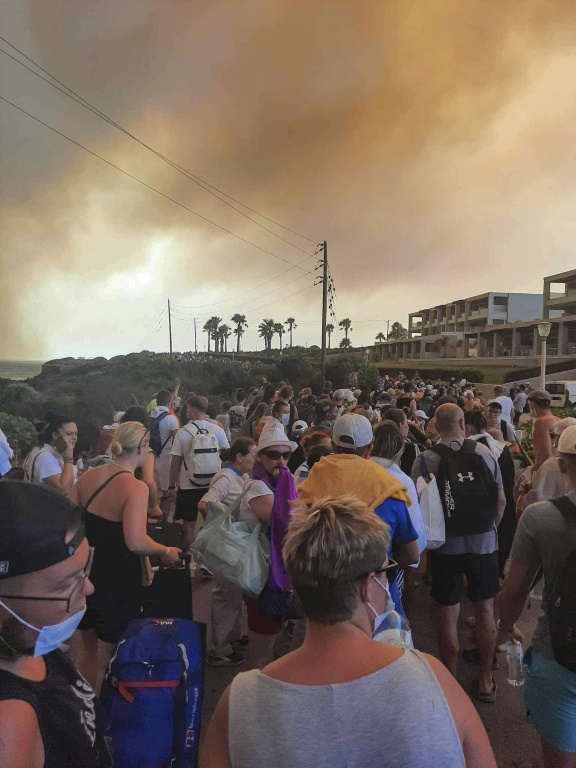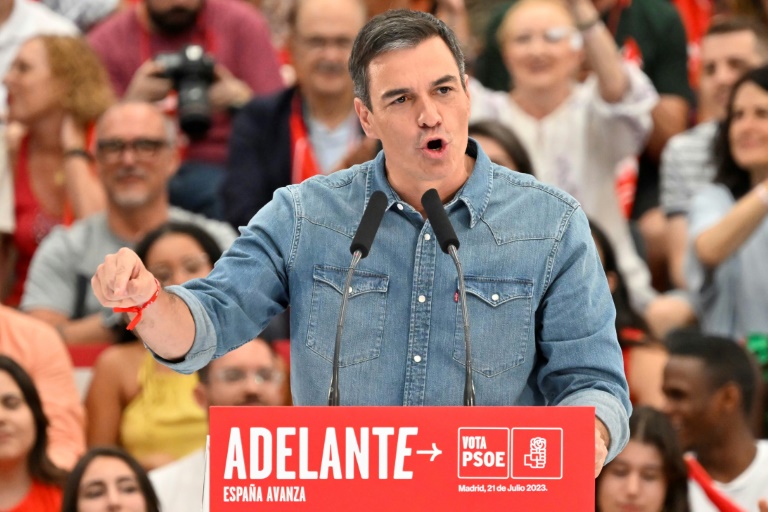AFP
Cambodians will vote Sunday in an election that longtime leader Hun Sen is all but guaranteed to win as he looks to secure his legacy by handing the reins to his eldest son.
The 70-year-old former Khmer Rouge cadre has ruled since 1985 and faces no real contest in this vote, with opposition parties banned, challenger candidates forced to flee and freedom of expression stifled.
His Cambodian People’s Party (CPP) is likely to retain all 125 seats in the lower house, prolonging his grip on power and paving the way for a dynastic succession some critics have compared to North Korean politics.
The only serious opposition party was disqualified on a technicality in the runup to the polls and it will be a surprise if any of the 17 other small, poorly funded parties win seats.
More than 9.7 million people are registered to vote in the seventh election since the United Nations first sponsored polls in 1993 after years of conflict — including the genocidal Khmer Rouge — left the country devastated.
Over the last 30 years what hopes the international community might have had for a vibrant multi-party democracy in Cambodia have been flattened by the juggernaut of Hun Sen’s rule.
The veteran PM has begun to look to the future, saying he would hand over to his son, four-star general Hun Manet — possibly even in the coming weeks.
The 45-year-old scion led the final CPP rally in Phnom Penh ahead of polling day, telling a raucous crowd on Friday that it was “victory day” for the country.
Critics would disagree, and rights groups have condemned the upcoming election.
On the eve of voting, a 17-strong coalition — including the Asian Network for Free Elections (ANFREL) and the International Federation for Human Rights (FIDH) — characterised the polls as being of “profound concern”.
“The upcoming electoral exercise indicates a notable absence of transparency, fairness, and inclusivity in the electoral process,” they said in a statement issued Saturday.
The only real challenge to Hun Sen’s CPP had come from the Candlelight Party (CP). But in May, the country’s electoral body refused to register it, rendering it illegible to compete.
The decision came after the party performed better than expected at last year’s local elections, winning 22 percent of the popular vote.
Internationally, Hun Sen has played off tensions between the United States and China, racking up huge sums in Chinese investment that come with no inconvenient demands for democratic reforms.
Speaking before the vote, the CP told AFP that the registration decision meant there was no way the election could be either free or fair.
“As for results, everyone knows who will win,” said Rong Chhun, CP vice-president.
Ahead of the election, freedom of speech has been heavily stifled, with one of the few remaining independent news outlets, Voice of Democracy, shut down earlier this year.
And only last month, Hun Sen ordered election laws changed, banning anyone who fails to vote in the upcoming poll from ever running for office — a move that will affect exiled rivals.
Among those challengers is longtime foe Sam Rainsy, who has been in self-exile in France for almost a decade to avoid criminal convictions he says are politically motivated.
Domestically, opposition leader Kem Sokha languishes under house arrest, after being sentenced to 27 years for treason over an alleged plot with foreigners to topple Hun Sen’s government.
In the days ahead of the polls, capital Phnom Penh was blanketed by huge posters of Hun Sen.
But many are now looking to Hun Manet, educated in the United States and Britain, wondering if a change in leadership might bring change to the country.
“For me, I want to see his work first then I can evaluate,” one 73-year-old Cambodian told AFP.
“For now, I cannot evaluate anything at the moment,” he added, declining to give his name.
Polls are due to open at 7:00 am (0000 GMT) and close at 3:00 pm.
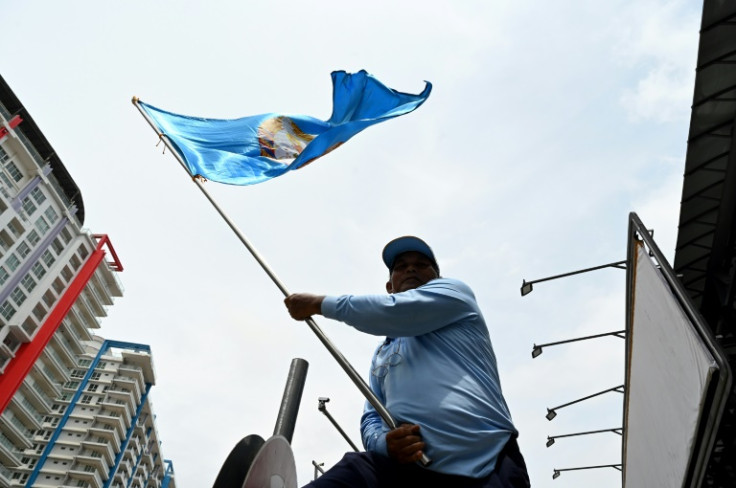
AFP
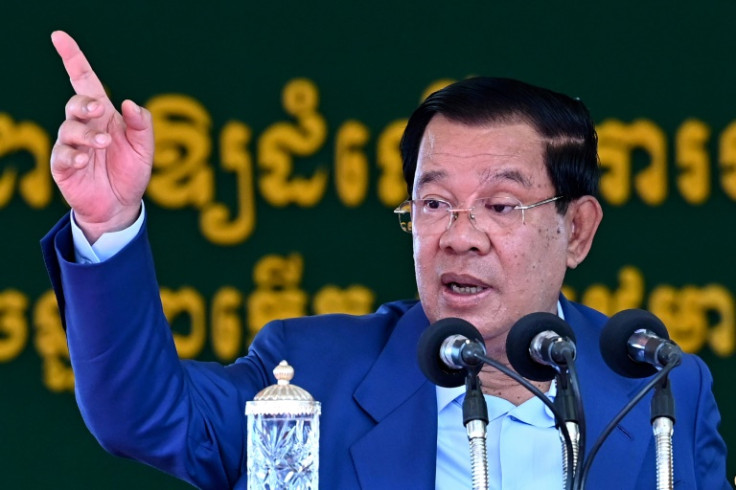
AFP

